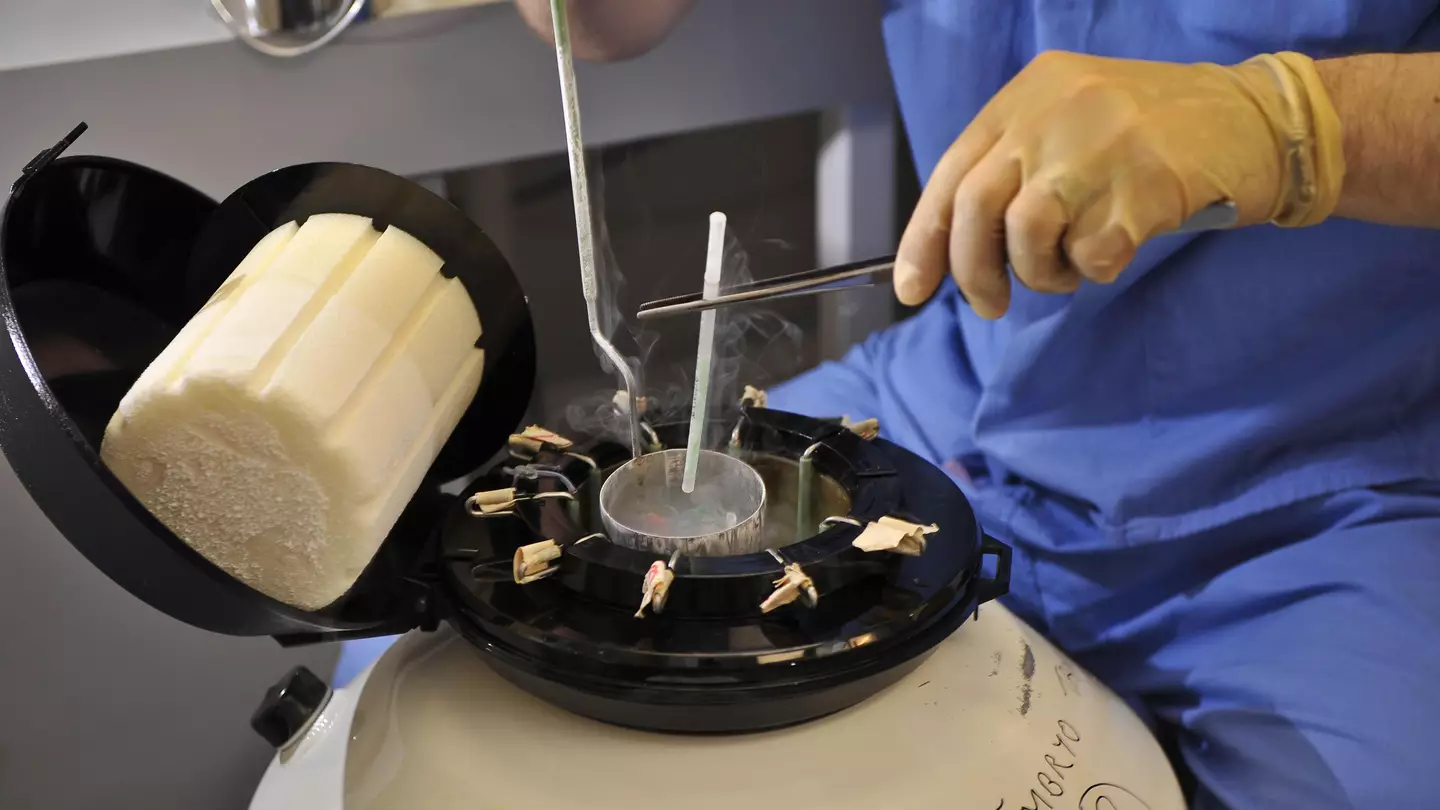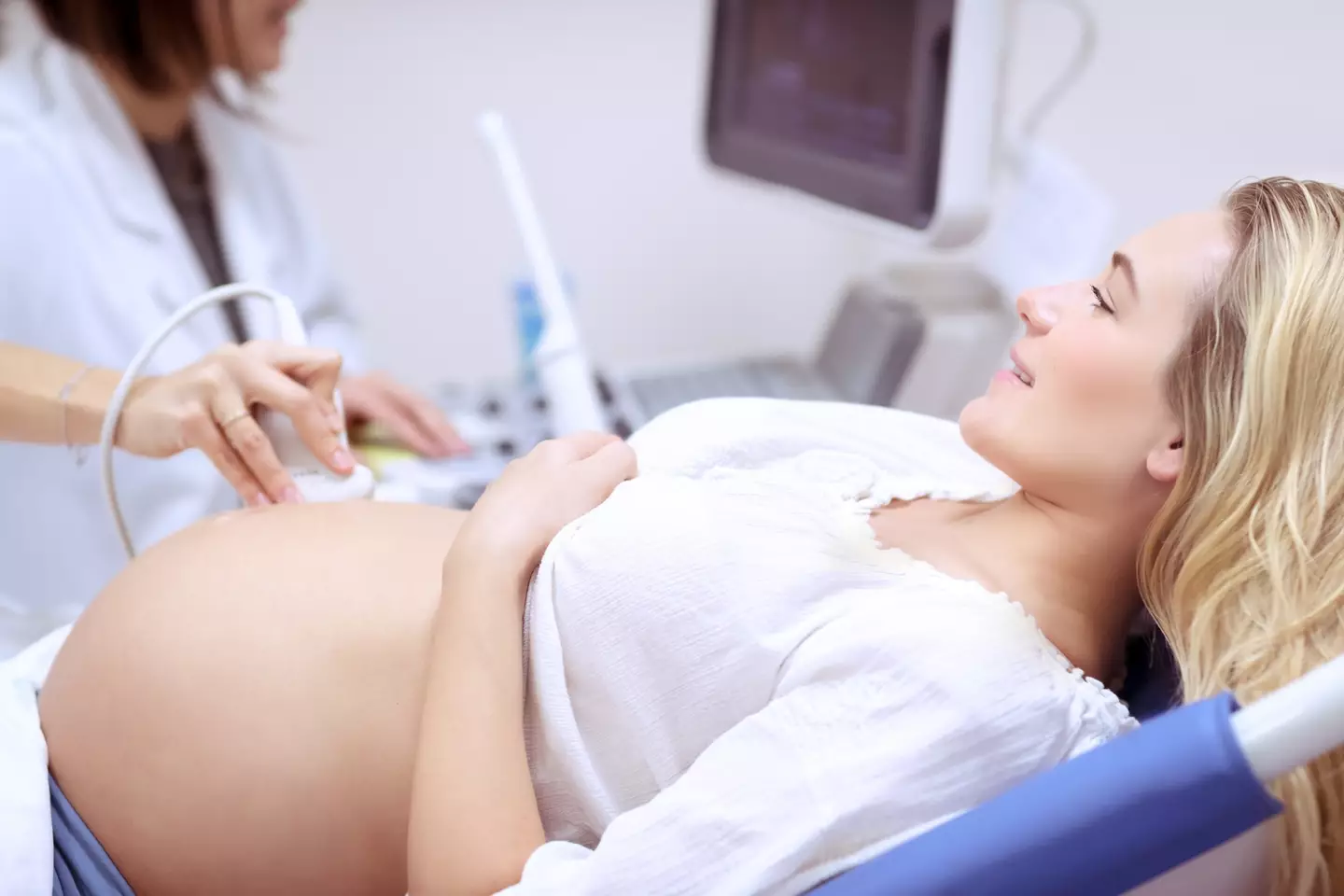
People who are looking to start a family will now have more time to make decisions. The storage limit for eggs, sperm and embryos will be increased from 10 years to 55 years under new government plans.
The existing limit lasts 10 years for people to store genetic materials needed. When the 10 years is up, prospective parents must make a decision about whether to have fertility treatment or to have the cells destroyed.
.jpg)
Research from the Royal College of Obstetricians has suggested modern freezing techniques mean eggs can be stored indefinitely without deteriorating, the BBC reports.
Advert
The new system will allow prospective parents to keep or dispose of their frozen cells every 10 years, up to a maximum of 55 years.
Only people who are have become prematurely infertile, such as from chemotherapy for cancer, can currently keep their genetic material for a maximum of 55 years.

Health secretary Sajid Javid said: “This new legislation will help turn off the ticking clock in the back of people's minds.
Advert
"By making these changes, we are going to take a huge step forwards - not just for giving people greater freedom over their fertility, but for equality too."
Julia Chain, Human Fertilisation and Embryology Authority (HFEA) Chair, welcomed the change and noted that the change was bringing the limit in line with modern technology.

"This is great news for patients, giving them more time to make important decisions about family planning.
Advert
“Any decision to store or preserve eggs, sperm or embryos is a serious one and anyone considering this must be given full information on the procedures involved, including the best time to freeze and likelihood of successfully using them to have a baby in future.
"It is important that the new rules are clear and that fertility clinics are given adequate time to update their procedures to ensure they can both implement the changes effectively and give patients sufficient information so that they are fully informed about their options."
Featured Image Credit: PA